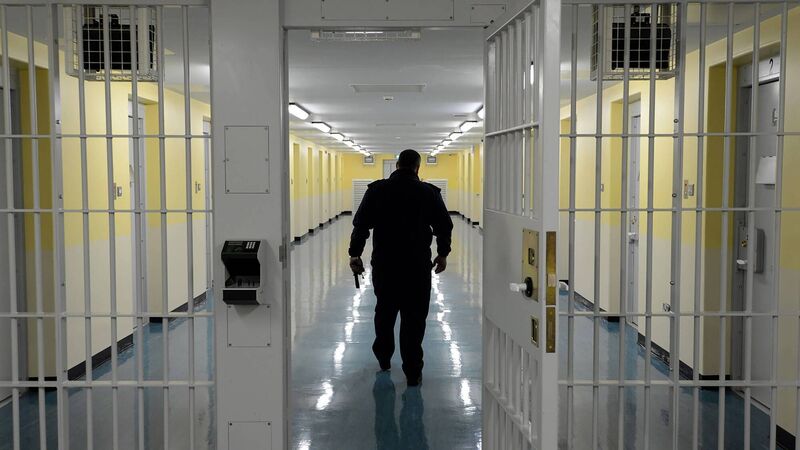Jails used to 'fill gaps' in mental health services

Report is latest in a 'long line' documenting lack of resources in mental health services and the plight of ill prisoners in jails. File picture: Irish Times
Prisons are being used to “fill gaps” in the mental health services and the rights of inmates with severe psychiatric illnesses are being breached by putting them in isolation cells.
That is according to the Irish Penal Reform Trust (IPRT), responding to a report by the Mental Health Commission, entitled Access to Mental Health Services for People in the Criminal Justice System.










